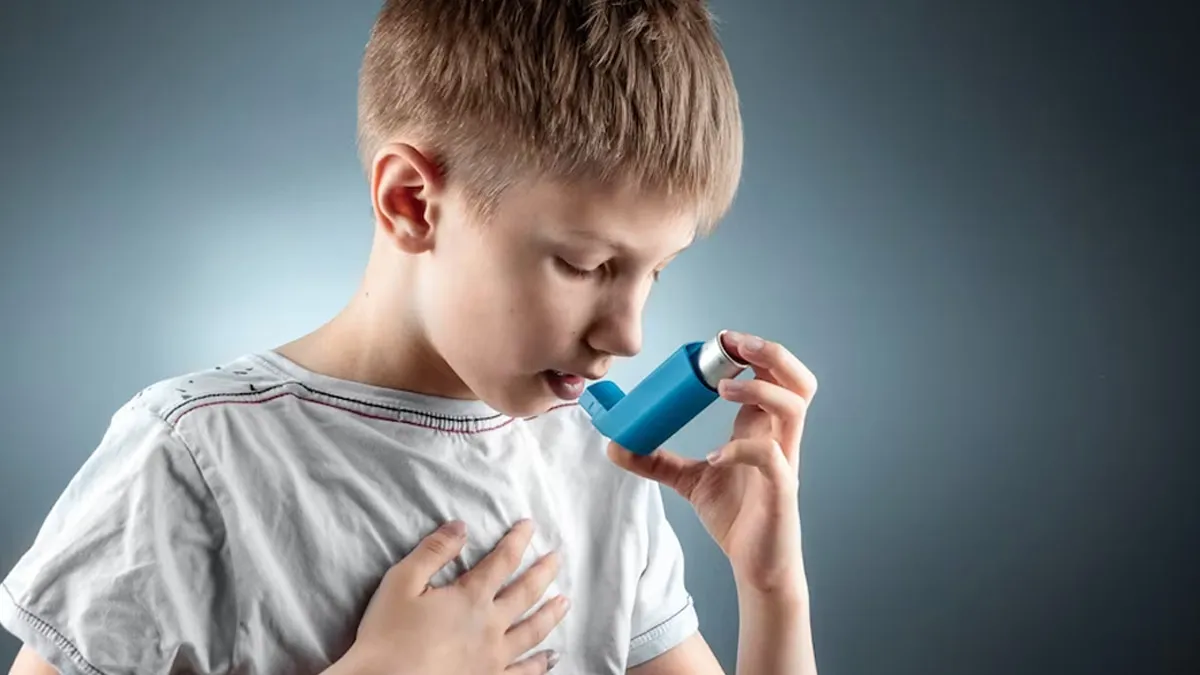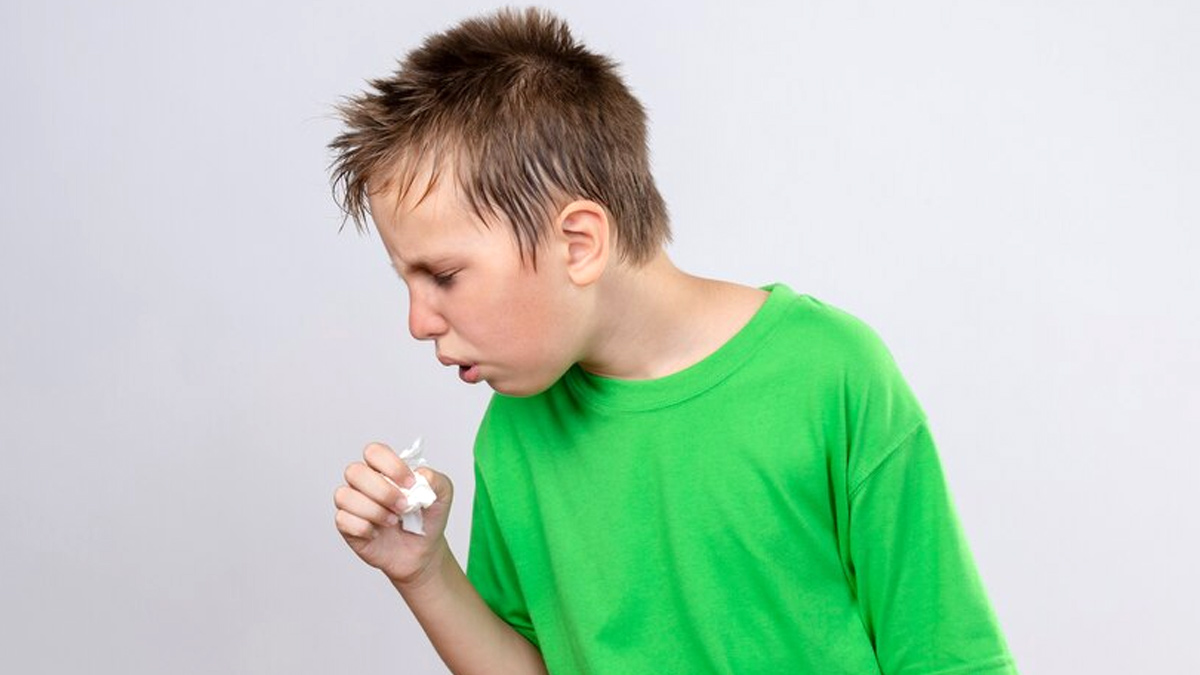
For many, the monsoon season means relief from the heat, the soothing sound of raindrops, and lush green surroundings. But for kids with asthma, it may mean just the opposite, from repeated wheezing, coughing, to breathlessness, and nighttime wakening. If your child's asthma seems to worsen when it rains, you should know that there is a medical reason behind it. Many parents notice increased doctor visits during the monsoon months. If you wonder why this occurs, and more importantly, what you can do about it. Read ahead to know expert-verified triggers and practical ways to guard your child.
Table of Content:-
Why Monsoons Aggravate Asthma in Children
In an exclusive interaction with the editorial team of Onlymyhealth, Dr Bhumesh Tyagi, Consultant, General Medicine and Physician, Shardacare, Health City, Noida, explained that many environmental and biological processes during the monsoon months serve as asthma triggers. These may include:
- Increased Humidity: Heavy air due to high humidity can be harder for wheezing lungs to breathe in. Soaking air also promotes the formation of mould and dust mites, which are asthma inducers.
- Mould and Fungal Spores: Wet walls, damp clothing, and inadequately ventilated areas become havens for mould and mildew. They release spores that irritate sensitive airways.
- Viral Infections: Monsoons are also associated with seasonal colds and viral infections, which may initiate or aggravate asthma symptoms.
- Pollutants and Pollen: Rain may upset ground-level pollutants and pollen, lifting them into the air and increasing their likelihood of being inhaled.
- Sudden Temperature Changes: Alternating between hot, humid outdoors and cool, air-conditioned indoors can shock the respiratory system, causing flare-ups.
Also Read: Sun-Deprived And Sedentary Lifestyle: Expert Explains The New Threat To India’s Bone Health

Tips To Manage Asthma In Kids During Monsoons
1. Keep Indoor Air Clean
- Use a dehumidifier to decrease indoor humidity.
- Clean and ventilate wet spaces such as bathrooms and kitchens regularly.
- Think about having an air purifier, particularly in your child's bedroom.
2. Reduce Exposure to Mould and Dust
- Wash bedding, curtains, and soft toys in hot water frequently.
- Stay away from carpets and rugs that gather dust and moisture.
- Repair leaky roofs or walls promptly to avoid mould growth.
3. Have an Asthma Action Plan
- Collaborate with your paediatrician to have a written asthma action plan.
- Make sure your child takes their controller medication (if ordered), even when they feel good.
- Have quick-relief inhalers available and monitor expiry dates.
4. Build Immunity
- Give your child a healthy diet with plenty of vitamin C, omega-3 fatty acids, and antioxidants.
- Practice good hygiene to prevent viral illnesses (e.g., handwashing, wearing masks in public places).
- Ensure adequate sleep and physical activity as per medical advice.

5. Watch for Early Warning Signs
- Increased coughing at night, fatigue, or wheezing after physical activity may signal a brewing flare-up.
- Teach your child to communicate how they feel and recognise early symptoms.
6. Avoid Known Triggers
- Stay indoors during heavy rainfall and after when the air is most humid and mold-laden.
- Limit exposure to pets if your child is allergic.
- Make school personnel familiar with your child's condition and keep medication readily available in case it is necessary.
When to Get Medical Care
If you still struggle with the aggravated asthma concerns with your child during the rainy season. It may be time to visit a doctor. Here is how you know when you get medical care:
- If your child has trouble breathing or speaking briefly
- If they display chest retractions or flared nostrils
- When they have blue lips or fingernails
- They are not responding to rapid-relief inhalers
Bottomline
While asthma during monsoon is difficult, it's not impossible. By being watchful and prepared, you can ensure your child experiences the rains symptom-free and safely. Stay proactive, have medications at hand, and remain aware of weather forecasts. Above all, educate your child about their condition so that they grow up assertive and healthy in controlling it.
Also watch this video
How we keep this article up to date:
We work with experts and keep a close eye on the latest in health and wellness. Whenever there is a new research or helpful information, we update our articles with accurate and useful advice.
Current Version
Aug 04, 2025 13:11 IST
Published By : Chanchal Sengar